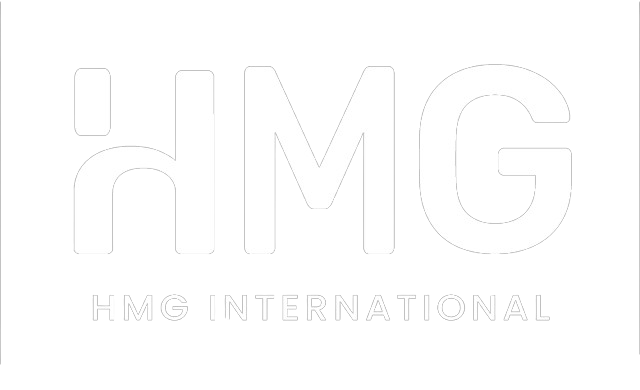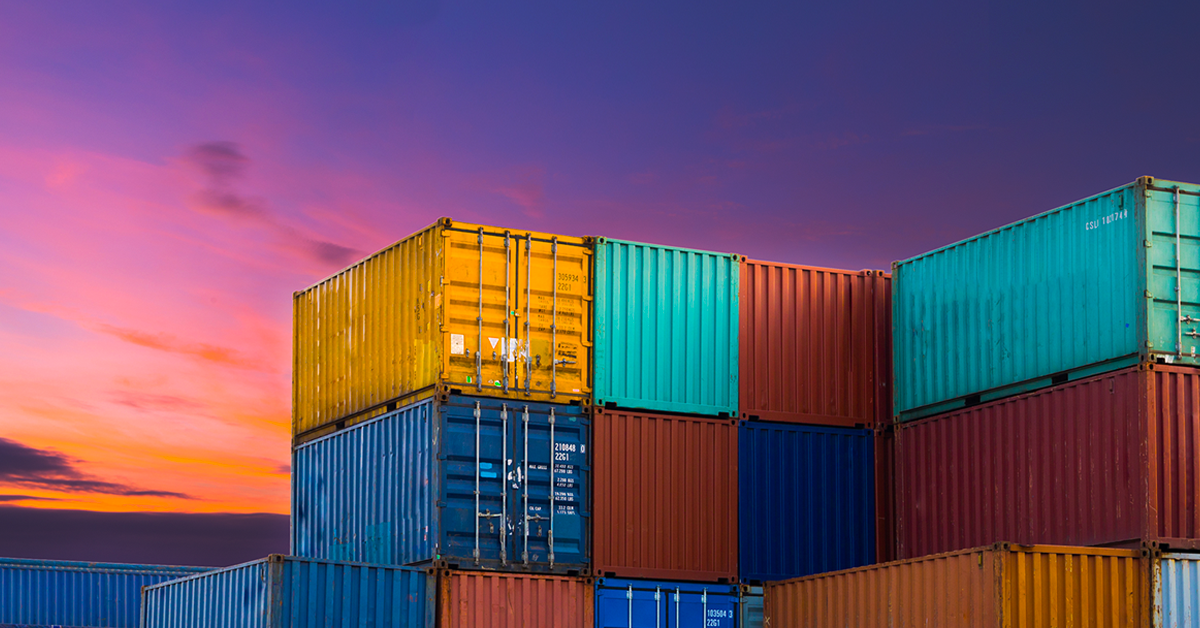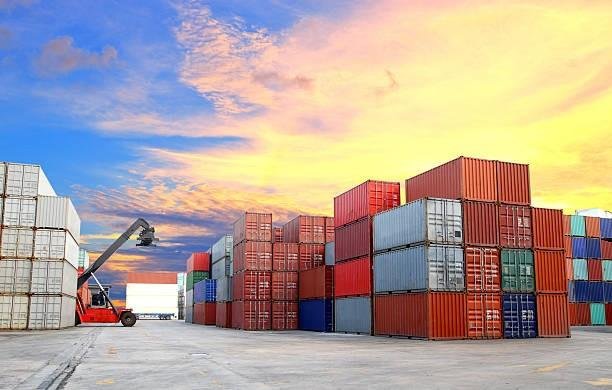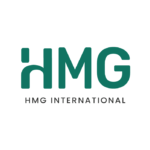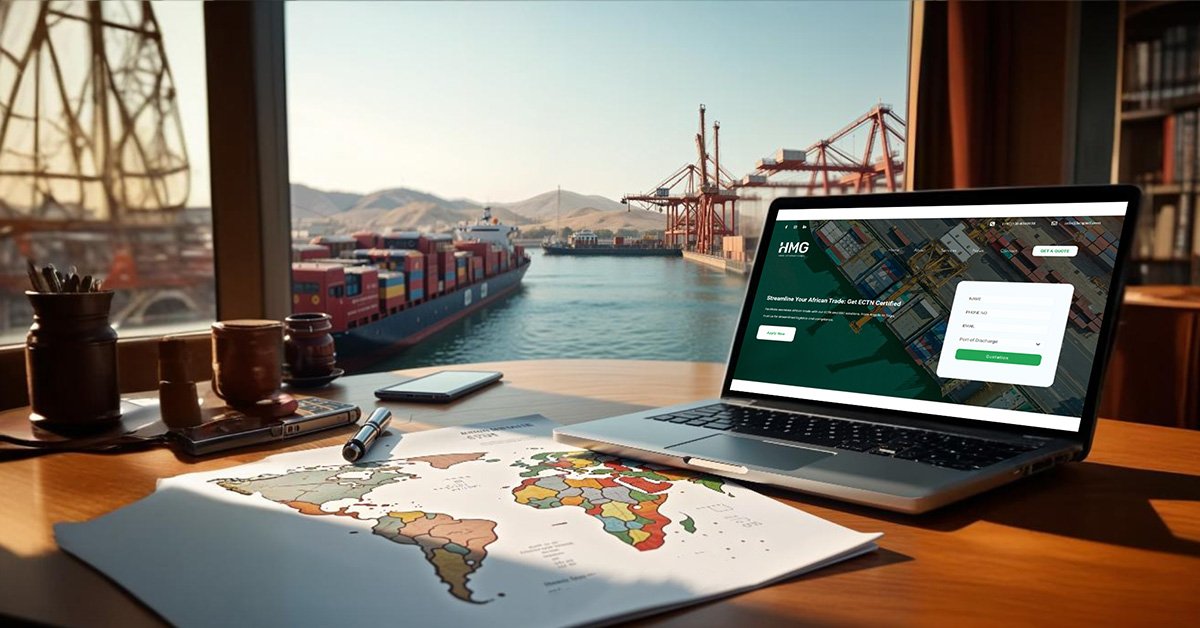
HMG International: Your Trusted Partner for Project Cargo Handling in Africa
Transporting project cargo—oversized, heavy, and highly specialized shipments—is no ordinary task. It requires a meticulous approach, industry expertise, and the ability to adapt to the logistical complexities unique to Africa. HMG International, with its extensive experience and strong presence in African logistics, has carved a niche in managing these high-stakes operations, ensuring projects remain on track and on time.
What Is Project Cargo Handling?
Project cargo encompasses shipments for large-scale industrial projects, such as infrastructure development, energy installations, or mining operations. These often include oversized equipment like turbines, transformers, or construction machinery, requiring tailored transportation solutions and meticulous coordination across multiple touchpoints.
HMG’s Expertise in Project Cargo Handling
With decades of experience and a deep understanding of Africa’s diverse logistical landscape, HMG International delivers project cargo solutions that are reliable and efficient. Here’s how we stand out:
- Custom Solutions for Complex Shipments: No two projects are the same. HMG ensures every shipment is tailored to meet unique requirements, from selecting the suitable mode of transport to securing the necessary permits for oversized loads.
- Multimodal Transportation: By leveraging our extensive network, we provide seamless multimodal solutions that combine sea, road, rail, and air transport, ensuring every project runs smoothly.
- Navigating Regulatory Challenges: Africa’s regulatory environment can be intricate, but our expertise ensures all customs and local requirements are handled without delays.
What Makes HMG Different?
- Africa-Centric Expertise: Decades of experience in navigating the continent’s unique challenges.
- Strong Network: Partnerships with trusted agents, transport providers, and regulatory bodies across Africa.
- Innovative Solutions: Leveraging technology and tailored strategies for seamless project execution.
- Commitment to Deadlines: Proven ability to deliver time-sensitive shipments without compromise.
Why Choose HMG for Your Project Cargo Needs?
When the stakes are high and the cargo is critical, you need a logistics partner who understands the nuances of your project. HMG combines technical expertise with an unwavering commitment to reliability, ensuring every shipment reaches its destination safely and on time.
Partner with HMG International and experience logistics redefined. Visit HMG International to learn more about our project cargo solutions.
